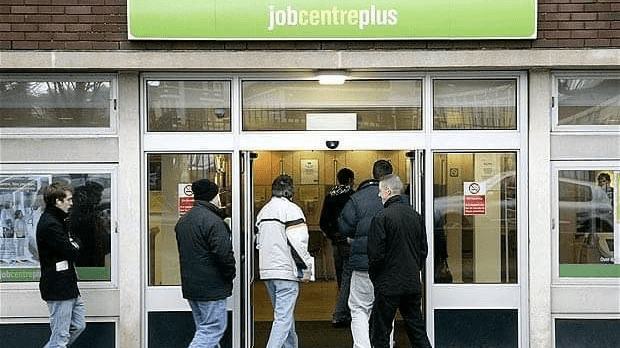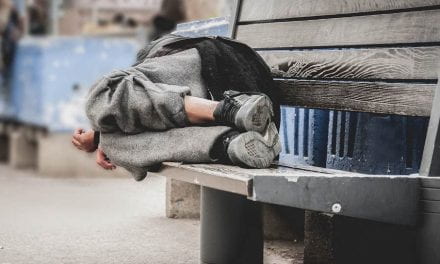Experiencing childhood abuse, a mental breakdown and several bouts of self-harm, Daniel* is no stranger to the harder side of life. After his mental health collapsed, benefits became the respite he needed to get his life back on track again.
The 26-year-old, who now enjoys his days caring for children and animals, did not always love his life. A string of bad jobs paired with a quickly deteriorating mental health rendered him unable to work and he had to seek benefits.
“People talk about having mental health days. Well, I had to have a mental health moment. It was a big moment…”
Daniel had a performing arts background and was hoping to make it as an actor, but it was not so simple, and he began taking any job that would have him. This included working in call centres, known for high employee turnover, a negative environment and unrealistic targets.
It got to the point where I was feeling so low and I was starting to look for excuses to not be in work. There was a day where I hurt myself on purpose just so I could go up to my manager and say, ‘Oh I’ve just fell, and I need to go home’. I couldn’t be in the office any longer that day because I was feeling so low.
The relief was short-lived, as he realised he would need to return the next morning.
Daniel talks about the vicious circle he then slipped into. As the cost of living increased, his wages did not reflect this quickly enough, leaving him working extremely hard just to survive.
“You’re paying for everything you need to pay for but then afterwards, you’ve got none of the goodies that come with life and you’re stuck in a rut. There is no reward for hard work… or you could argue that the reward is just being alive.”
Soon after, a visit to his doctor confirmed he was not fit to work, and he signed onto benefits.
He has been on Job Seeker’s Allowance and Employment and Support Allowance; the latter is support for when a person is not fit to work due to their mental or physical state.
“The thing I have discovered from both types of benefits is that there’s a great deal of shame that comes with it, which most people don’t actually talk about. I think [British] people have a bit of a backwards attitude.”
Although benefits gave him the breathing space that he needed to improve his mental health, he was simultaneously internalising a lot of negative feelings.
“You go through a stage of actually feeling worse because not only are you dealing with your mental health issues but now there’s this added element of ‘oh no, I’m lazy, I’m good for nothing’. You do feel like this whole attitude of you’re just pouncing off from society.
He compares this with university students who go on gap years and how they are seen in such contrast to people like himself.
“A lot of people take a gap year and that’s viewed as fantastic, but we don’t do that [with benefits], we view it as you’re the dregs of society, you need to get a job.”
Thankfully, his mental health has improved and he has felt well enough to come off benefits and find a new job. Through this new job and the support of a strong friendship group, Daniel can now say that he has turned his life around and is on the mend.
Just getting by isn’t enough. In this society, we act like it is, and I think that’s wrong.
* Name has been changed to protect identity






